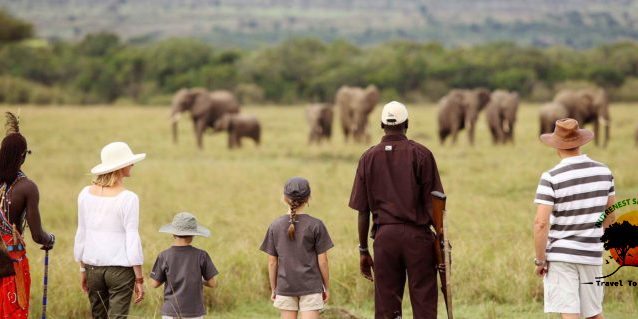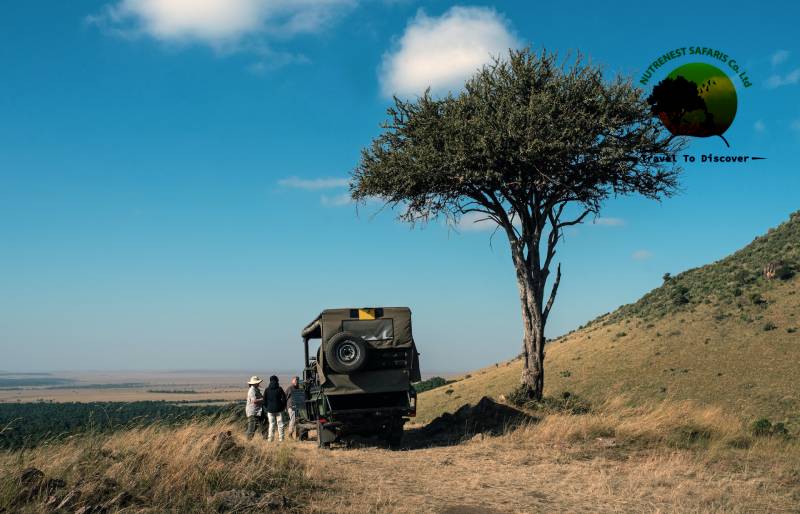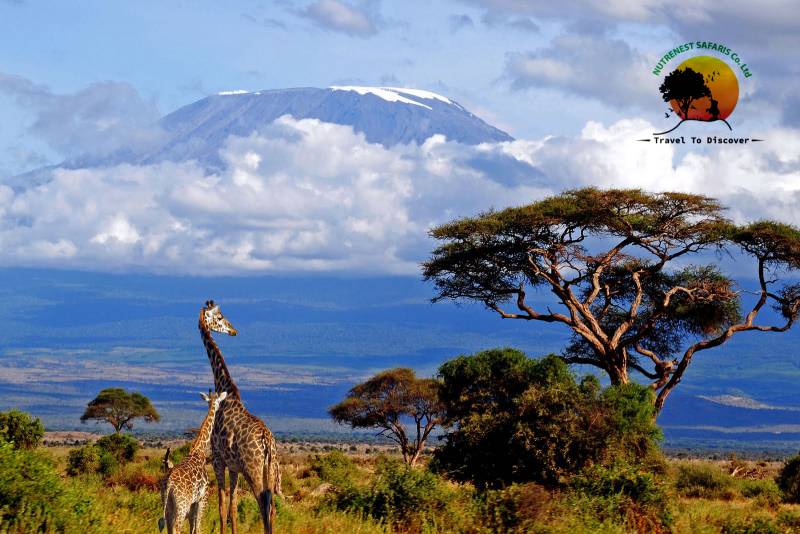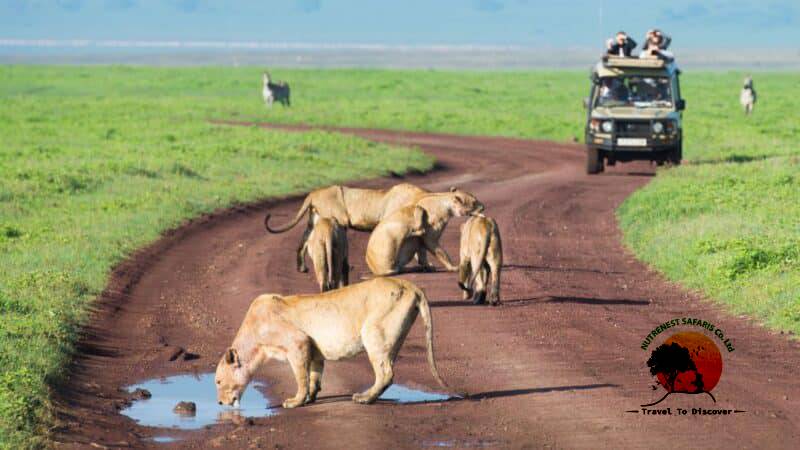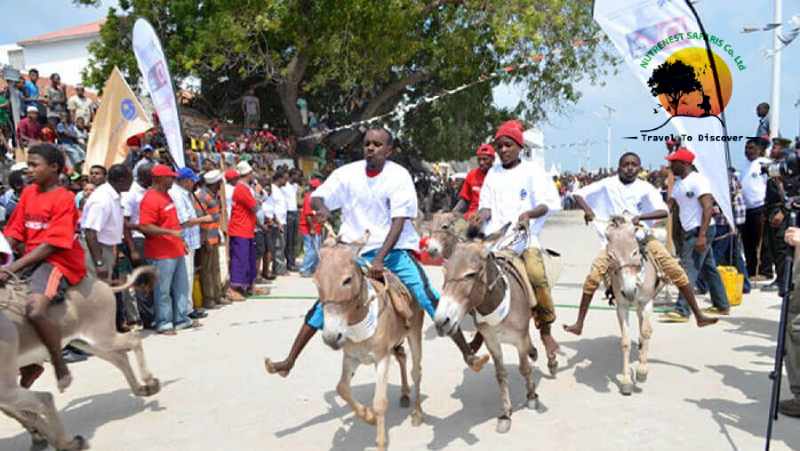An African safari is a once-in-a-lifetime adventure, offering travellers the chance to immerse themselves in nature, witness majestic wildlife, and explore breathtaking landscapes. From the sweeping savannas of Kenya to the dense jungles of Uganda, a safari presents opportunities to observe animals in their natural habitat and experience the raw beauty of Africa. To ensure you get the most out of your African safari experience, careful planning and preparation are essential. In this guide, we will provide tips and insights on how to make your safari unforgettable, covering everything from choosing the right destination to what to pack.
Engage with Local Communities
Africa is a vast continent with many safari destinations, each offering unique experiences and diverse ecosystems. The first step in making the most of your safari is selecting the right location. Some popular safari destinations include:
Kenya and Tanzania: Famous for the Serengeti and Masai Mara, these regions are known for the Great Migration, where millions of wildebeest and zebras cross the plains in search of water and food. This spectacle of nature is best seen when on Tanzania safaris between July and October.
South Africa: Kruger National Park is one of the most accessible and well-known safari destinations. South Africa offers excellent game viewing and luxury lodges.
Botswana: Known for the Okavango Delta, Botswana offers a different safari experience with water-based activities like canoeing alongside traditional game drives.
Uganda and Rwanda: For those seeking a different adventure, Uganda safaris offer the chance to track mountain gorillas and chimpanzees in dense rainforests.
Research your destination carefully based on your interests—whether you’re looking for the Big Five (lion, elephant, buffalo, leopard, and rhinoceros) or a specific type of ecosystem.
Book with a Reputable Safari Operator
Your Kenya wildlife safari experience is highly dependent on the expertise of your guides and the quality of the tour operator you choose. A good safari operator like us at Nature Nest Safaris will offer knowledgeable guides skilled at tracking animals, understanding wildlife behaviour, and ensuring your safety. We can customize your experience based on your preferences, whether you want a private, luxurious safari or a more rustic, budget-friendly adventure.
Timing Your Safari for Optimal Viewing
The time of year you visit will significantly impact your safari experience. Different seasons bring varied wildlife behaviours, and timing is key to seeing specific animals or events. For instance, the Great Migration in Kenya and Tanzania is one of the most popular draws for safari-goers, but it only occurs during certain months.
In general, the dry season (June to October) is ideal for most safari destinations because the animals tend to gather around waterholes, making them easier to spot. During the wet season, animals disperse, and lush vegetation can make game viewing more challenging. However, the rainy season is a fantastic time for bird-watching safaris and seeing baby animals, as it coincides with the birthing season for many species.
Pack Smartly and Lightly
Packing for a safari requires careful consideration due to weight restrictions on small planes (if flying between camps) and the need for practical gear. Here’s a list of essential items to bring:
Clothing: Stick to neutral colours like khaki, olive, and brown to blend into the environment and avoid attracting insects. Layering is key, as mornings and evenings can be chilly while midday temperatures are often hot. Long sleeves and pants are essential for protection against the sun and insects.
Footwear: Comfortable, lightweight hiking boots or sturdy sneakers are a must for walking safaris and game drives.
Sun Protection: The African sun can be intense, so pack a wide-brimmed hat, sunglasses, and plenty of high-SPF sunscreen.
Binoculars and Camera Gear: A good pair of binoculars will enhance your wildlife viewing experience, especially for spotting animals in the distance. If you’re a photography enthusiast, bring a camera with a zoom lens to capture stunning close-ups.
Insect Repellent and Medication: Mosquitoes and insects are common in many safari destinations. Bring a strong insect repellent and consider taking anti-malarial medication if travelling to a malaria-prone region.
Other Essentials: Don’t forget a flashlight or headlamp, a reusable water bottle, quick-drying towels, and a small backpack for day trips.
Embrace the Early Mornings and Evenings
Safari game drives typically happen early in the morning and late in the afternoon, the best times to spot wildlife. Many animals, particularly the big cats, are more active during the cooler hours of dawn and dusk. While waking up before sunrise might not sound appealing, it’s worth it to witness the magic of the African wilderness coming to life.
Be prepared for long drives on bumpy roads, and remember that wildlife sightings can be unpredictable. Patience is key—sometimes the best experiences happen when you least expect them.
Respect Wildlife and the Environment
One of the most important aspects of making the most of your safari is respecting the animals and their habitat. Follow your guide’s instructions at all times, and never attempt to get too close to wildlife, even if it seems safe. Disturbing animals can be dangerous for both you and the wildlife.
Additionally, be mindful of your environmental footprint. Many safari operators promote sustainable tourism practices, so minimize waste, avoid single-use plastics, and conserve water and energy where possible.
Engage with Local Communities
An African safari is not just about wildlife—it’s also an opportunity to learn about local cultures. Many safari lodges and operators offer visits to nearby villages where you can engage with local communities, learn about their customs, and support local artisans. These experiences add depth to your trip, providing insights into the rich human history of the region.
Consider supporting community-based tourism initiatives that give back to local people and help preserve traditional ways of life. It’s a meaningful way to contribute to the conservation of both wildlife and culture.
Stay Open to the Unexpected
Finally, to make the most of your African safari, be open to the unexpected. While you may have a checklist of animals you hope to see, nature doesn’t always follow a script. Some days you might witness thrilling predator-prey interactions, while other days might be quieter but filled with the beauty of the landscape.
The key to enjoying your safari is to embrace the unpredictability and appreciate every moment, whether it’s a close encounter with a lion or a peaceful afternoon watching elephants by a waterhole.
An African safari with us offers the chance to experience nature in its raw and untamed form. By carefully choosing your destination, booking with us, timing your trip well, and packing thoughtfully, you can maximize your enjoyment and ensure a successful adventure. Most importantly, approach your safari with respect for the wildlife and local cultures, and you’ll come away with memories that will last a lifetime.
